Micro Bio Space LAB
Why in Space?
Outer space is in a special environment that is significantly different from Earth in many ways. One example is the microgravity environment. Microgravity is an excellent environment to observe how micro-level things work because the phenomena, such as convection and subsidence are unlikely to occur.
Space experiments are expected not only to study the effects of outer space environment on humans in order to expand space activities, but also to bring benefits to people living Earth.
Examples of Bio Experiment under Microgravity
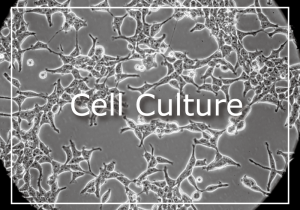
Under microgravity environment, cells are not affected by a petri dish, that is flat and has edge. Cell can move just like in human body and grow to be complexed 3D dimension. By doing so, we can understand the process of biology and make progress in regenerative medicine.
By observing microbial’s growth and features in space, we can study the specific features or may utilize them as high nutritional value food for space trip and live.
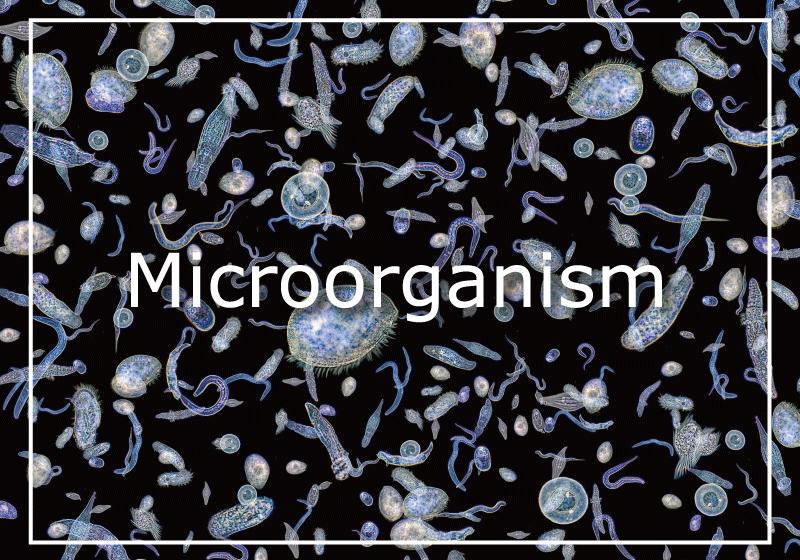
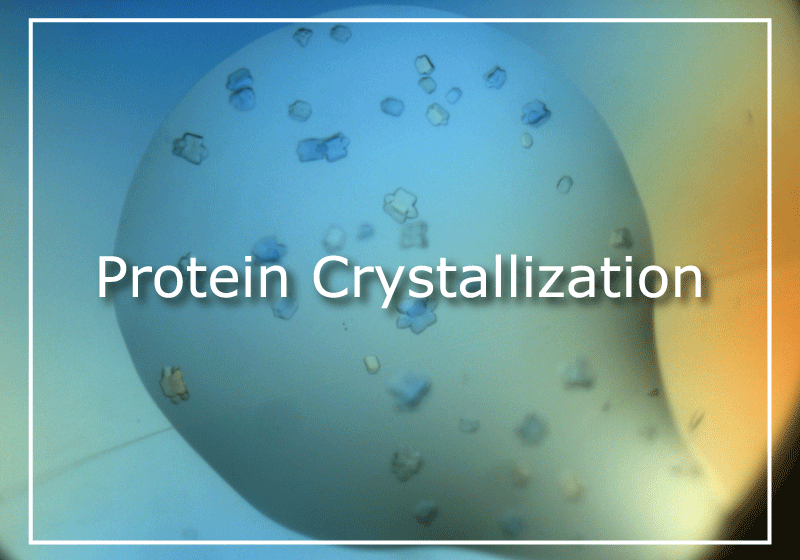
When we do protein crystallization under microgravity environment, we can have large, equally sized and high-quality crystal. By analyzing them, we may understand the specific features of seed compound as a candidate of new medicine. Also, under such environment, it may compose a compound that would be difficult on the ground due to gravity.
This is produced from human cells as simulated expression of organs in 3D chip, that to be used to understand the impact of microgravity condition to the human health and to contribute health improvement. Also, it may lead to grasp how cells or organs can grow in space, and to understand the possible effect of microgravity and X-ray for the future long-term mission in space.
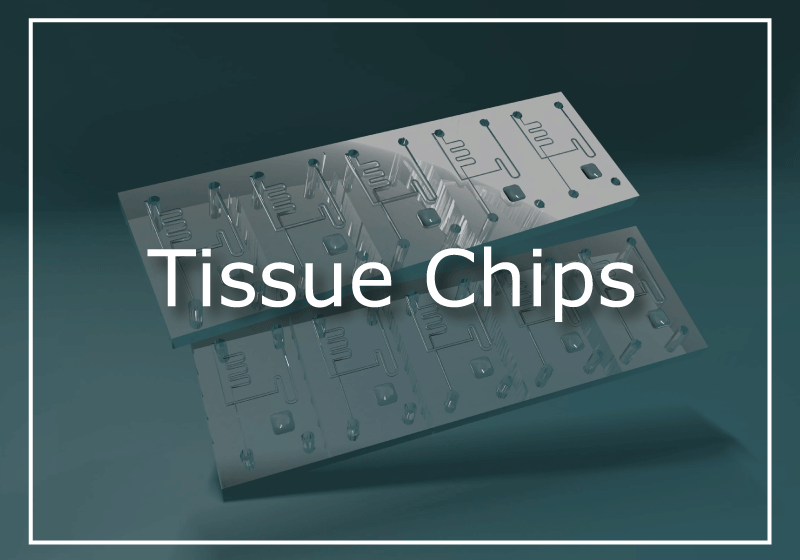
Our Service
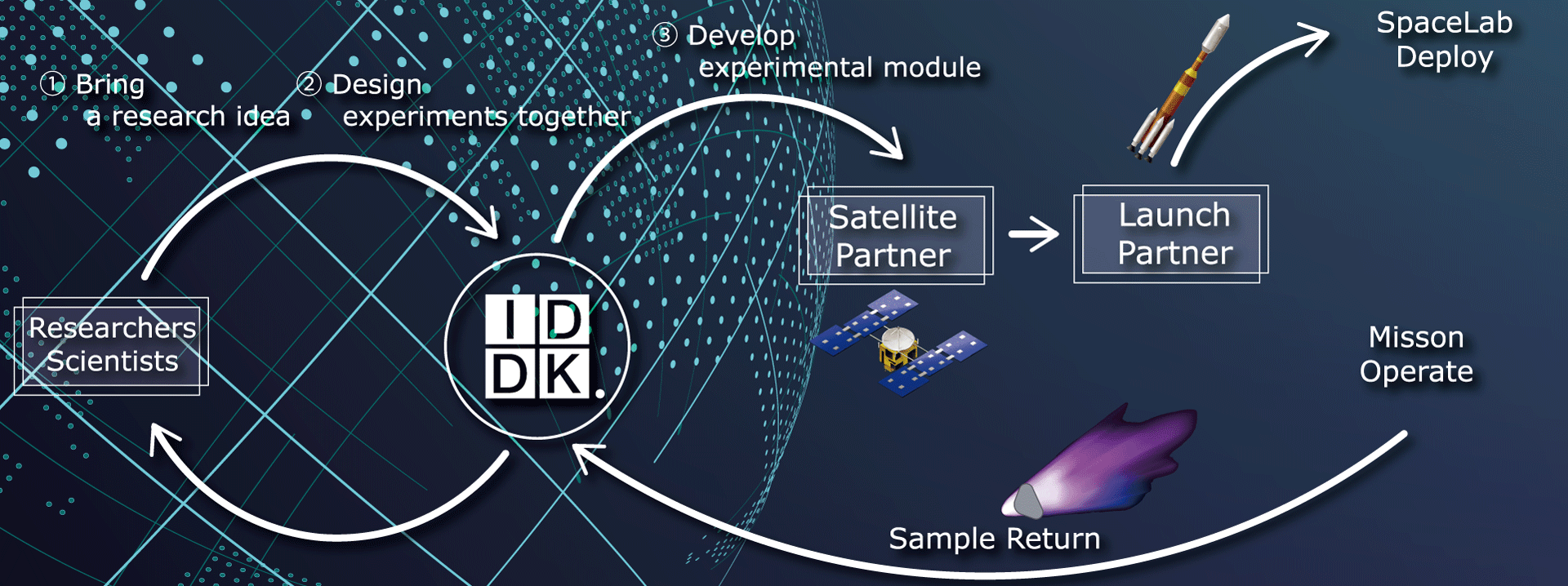
Why IDDK?
MID Technology
MID provides optimal microscopic observation feature for artificial satellites and other experimental platforms in outer space, where weight and size are cost.
Life Science LAB
IDDK was originally established as bio technology company, and dedicated life science team in our life science lab in Tokyo. This will help us to design and tailor to space mission based on your research idea.
Experienced Satellite Engineer Team
Led by our founder and CEO, Soichiro Ueno, who was involved in establishing a space start-up in 2005, IDDK has experienced satellite engineer team. This will help us to integrate our mini-laboratory into a satellite and other platforms available in outer space.